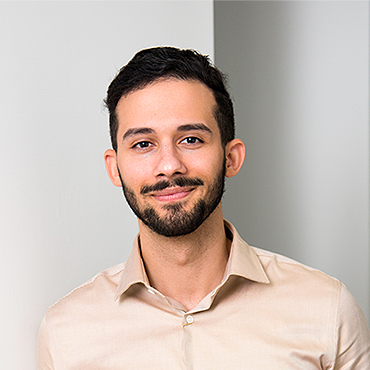Do You Really Need Wisdom Teeth?

Wisdom teeth or “eighth”, other name they are named, are last teeth that grow in person’s mouth in adult age.
Subject of "eights" is one of the most popular in dentistry. Some specialists believe that they have to be extracted as soon as possible; others have opposite view and think that tooth can be left without consequences. Wisdom teeth are heritage from our forebears, whose diet consisted mainly of hard foods that had to be chewed well and for a long time. In this regard, human jaw was bigger and there lied necessity for more teeth in order to ensure a quality meal. Wisdom teeth of modern human are not related with a bite and are not important as a means of grinding food. Much people don’t even have germs of wisdom teeth, in turn, people who have wisdom teeth erupt, often have pain from abnormal growth of teeth, and there is a risk of serious issues. Eighth teeth, which grow in last place, don't have enough space in mouth. For this reason, teeth may become crooked, injure gums and be very painful, which affects overall well-being. The growing of a wisdom tooth has long process and a lot of problems can arise over this period. First, gum may form “hood” over tooth. Food debris accumulates beneath it - it is an ideal breeding ground for bacteria. Caries is another common disease that occurs during process of growth. Since tooth is settled in a hard-to-clean area, plaque accumulates on its surface, causing development of caries.
Practically every person who faced this problem was asked a question: “Why do you need your wisdom teeth?”
You may probably noticed eights almost never participate in process of chewing food; therefore question if they are essential is opened. Nevertheless, those teeth perform a number of other functions:
- They are indispensable as a support if a person plans bridge prosthetics;
- These teeth restrain their “neighbors”, do not allow them to expand, crawl around;
- If an elderly person loses a lot of teeth, eights are helping and partially take over function of chewing.
Thus, a wisdom tooth is something as a spare player who’s always ready to help. But if something went badly, you need to have wisdom teeth removed for keep your health in safe and prevent it from impairment. At slightest discomfort in mouth, don’t deaden pain and don’t hesitate contact NYC dentist. Any illness at initial stage can be cured relatively easily and quickly.
A specialist is able to help you determine if you need your wisdom teeth removed. Initially, you have pay attention to following signs:
- aching or cutting pains;
- Inflammatory and swollen gums;
- Cheek swelling;
- Pulsing abscesses in gums and cheeks;
- Feeling of pain when swallowing.
If you have felt all this, then you need to seek advice. If you do not pay attention to these signs and do not carry out symptomatic treatment of these processes, serious consequences may occur. Often, on background of painful and problematic teething of wisdom, aftereffects of illness progress.
So When You Need to Remove Wisdom Teeth?
- Tooth grows incorrectly (tilted). In that situation, he injures mucous membrane;
- There is no sufficiently space in the jaw. In which case, tooth either remains to sit in gum, causing regular pain, or pushes its neighbors and breaks bite;
- If installation of braces is planned then wisdom tooth will interfere;
- Tooth is badly damaged by caries. Due to fact that it is very difficult to get to it, caries are usually not treated in this case, but simply get rid of an aching tooth;
- Pericoronitis develops. This is a disease in which gums swell around tooth; pus is formed in it due to jamming of food particles and abundance of microbes.
Sometimes people are lucky and their wisdom teeth are in a dormant state.
If tooth grows normally and doesn’t cause discomfort, then it should not be removed. A specialist will help determine why not need to remove wisdom teeth. The final decision about removal is made by the patient, based on the recommendations of dentist. No need to engage in self-diagnosis and self-treatment. At the first signs of a disease, consult a doctor who can help you deal with this problem.

